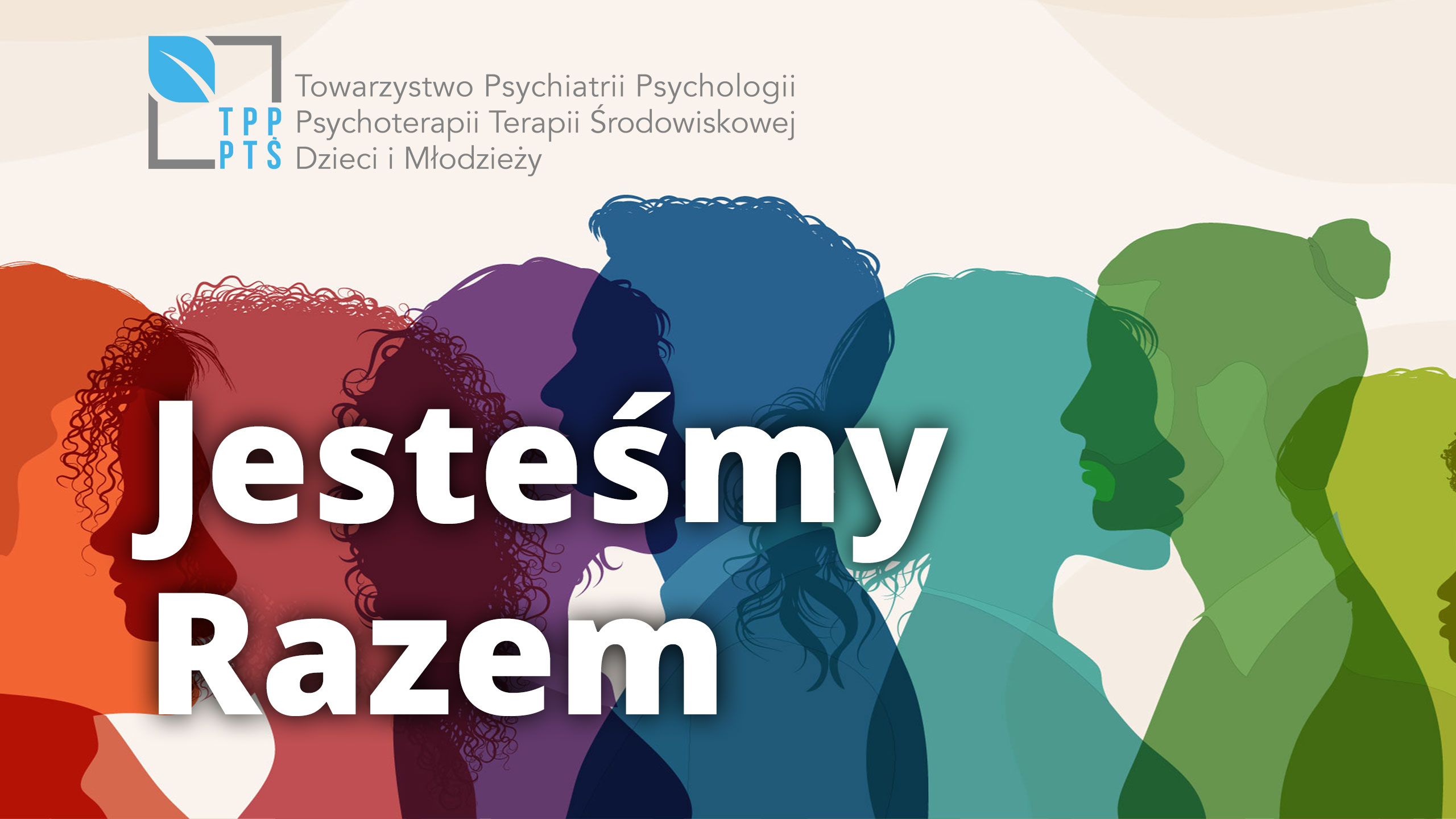Disorders of working memory and selected cognitive processes in patients treated for paranoid schizophrenia
Damian Giętkowski
 Affiliacja i adres do korespondencji
Affiliacja i adres do korespondencjiAlready since the times of Baddeley and Hitch the dorsolateral part of the frontal lobe was regarded as the functional centre of the working memory. Working memory disorders are, on the other hand, one of the basic and consolidated disorders in the course of paranoid schizophrenia. The concept of neurodevelopmental schizophrenia combines these elements and associates the illness with the changes occurring in the brain in the prenatal period. The efficiency of the working memory system, which acts as a buffer manipulating with the possessed and inflowing information, influences the quality of other cognitive processes, such as long‑term memory, short‑term memory, concentration and thinking. A study was performed on two groups: one experimental consisting of 31 people suffering from paranoid schizophrenia and one control group of 31 healthy people. In both groups a replica of Wisconsin Card Sorting Task was used in order to measure the efficiency of the working memory and selected tests from WAIS‑R (PL): the Polish adaptation of Wechsler Adult Intelligence Scale to assess the functioning of concentration, memory and thinking. The results of the study showed that in the experimental group the efficiency of the working memory is very low and that the illness affects the performance of concentration, memory and thinking. Moreover the tests proved that the working memory disorder increases with time.














